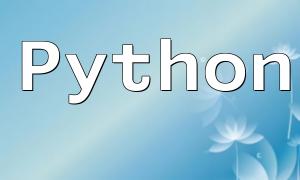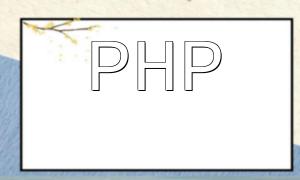In the modern web environment, Cross-Site Scripting (XSS) has become one of the most common and dangerous vulnerabilities. XSS attacks exploit improper handling of user input by websites, allowing attackers to inject malicious scripts that steal sensitive information. This article will explain how to prevent XSS attacks through PHP data filtering and provide some example code.
Before preventing XSS attacks, it's important to understand how attackers exploit this vulnerability. XSS attacks are mainly classified into three types: Reflected XSS, Stored XSS, and DOM-based XSS. Reflected and Stored XSS attacks are the most common. Attackers inject malicious scripts into user inputs, and when users visit the webpage, these scripts are executed, allowing attackers to achieve their malicious goals.
In PHP, the htmlspecialchars function is often used for output filtering. It converts special characters into HTML entities, preventing malicious scripts from being executed. Here’s a simple example:
$userInput = $_GET['input'];
$filteredOutput = htmlspecialchars($userInput);
echo $filteredOutput;In this example, $_GET['input'] retrieves the user input from the URL parameters. The htmlspecialchars function escapes special characters, preventing scripts from being executed.
For Stored XSS attacks, attackers may store malicious scripts in the database. When the website retrieves and displays data from the database, these scripts get executed. To prevent such attacks, you should use mysqli or PDO prepared statements to filter database queries.
Here is an example of using mysqli prepared statements:
$conn = new mysqli($servername, $username, $password, $dbname);
$stmt = $conn->prepare("SELECT username FROM users WHERE id = ?");
$stmt->bind_param("i", $userId);
$stmt->execute();
$stmt->bind_result($username);
while ($stmt->fetch()) {
echo htmlspecialchars($username);
}
$stmt->close();
$conn->close();In this example, the mysqli prepared statement is used to bind the user input $userId to the query. The bind_result function binds the query result to the $username variable. Finally, the htmlspecialchars function is used to filter the output and prevent malicious code execution.
PHP also provides the filter_var function for filtering user input. You can use filter_var in combination with predefined filters (such as FILTER_SANITIZE_STRING) to filter different types of input.
Here’s an example of using filter_var to filter user input:
$userInput = $_POST['input'];
$filteredInput = filter_var($userInput, FILTER_SANITIZE_STRING);
echo $filteredInput;In this example, the filter_var function uses the FILTER_SANITIZE_STRING filter to remove unsafe characters and HTML tags from the user input, helping prevent XSS attacks.
To improve website security and prevent Cross-Site Scripting (XSS) attacks, developers must appropriately filter and handle user input. This article discussed using htmlspecialchars for output filtering, mysqli or PDO prepared statements to filter database queries, and filter_var for filtering user input. By implementing these protective measures, websites can be effectively safeguarded against XSS attacks.









